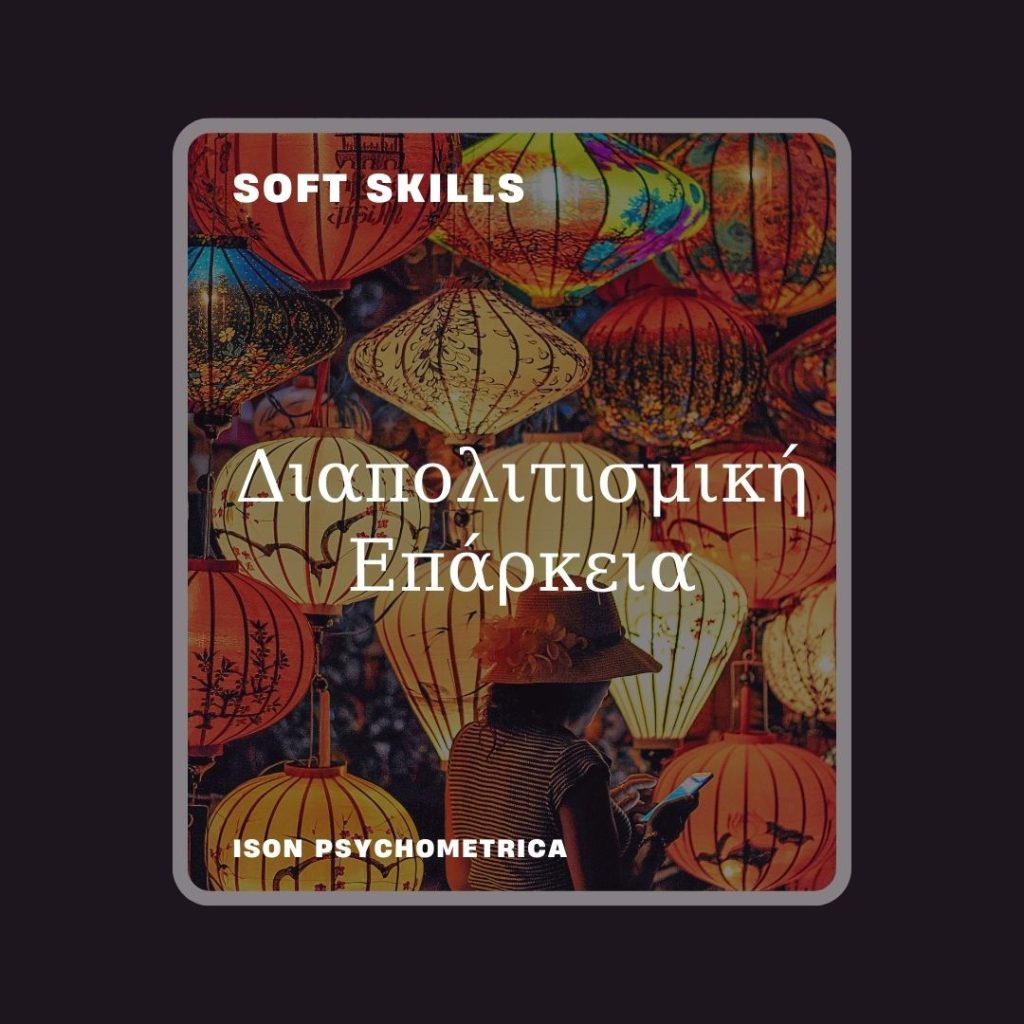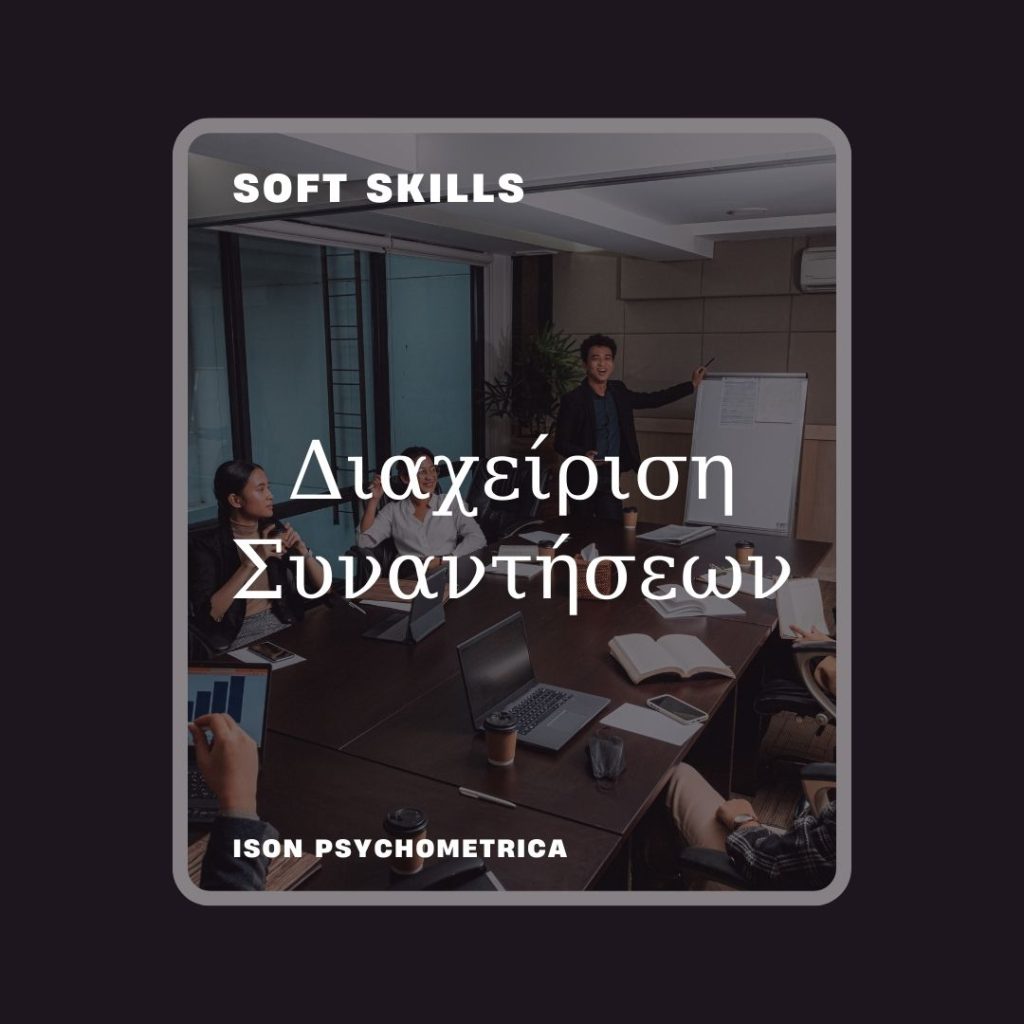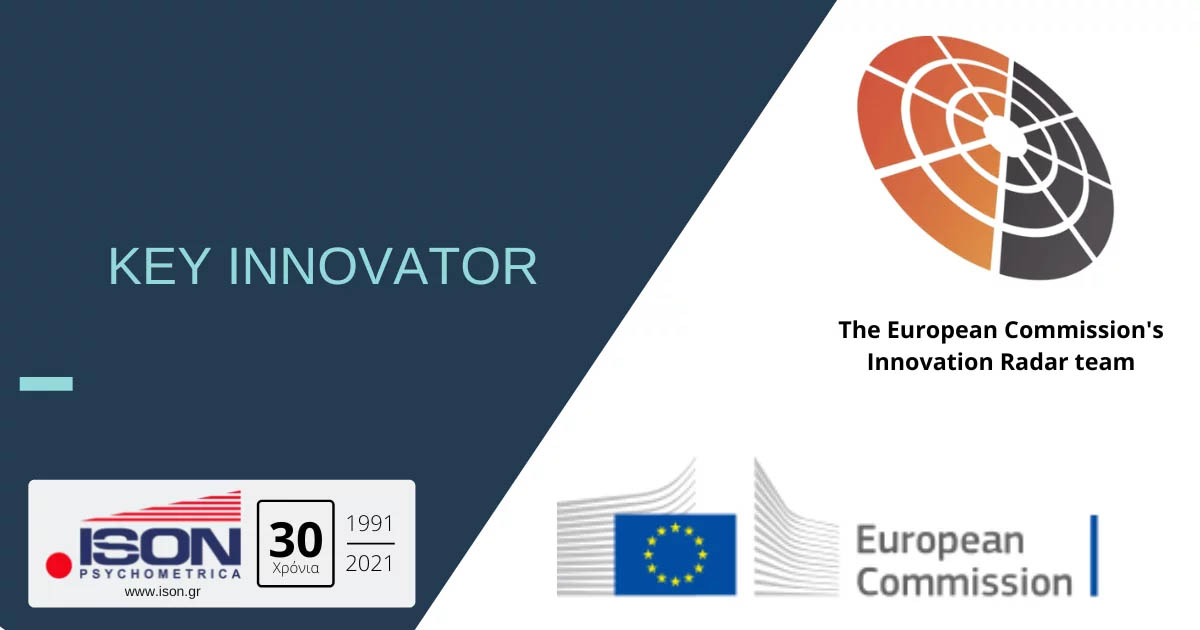Soft skills, or cross-cutting skills, refer to the interpersonal skills and characteristics that enable effective communication and cooperation with others.
1
%
of employers consider horizontal skills to be as important or more important than technical skills
1
%
is due to good horizontal skills, while only 15% is due to technical knowledge
1
%
workers with well-developed horizontal skills are more productive
1
%
of recruitments that fail within the first 18 months, fail due to a lack of horizontal skills









































